In the scant six years (yes that short) since Google first sprung the idea of self-driving cars onto the world stage, things have moved on significantly. Their vehicles have now racked up around 1 million autonomous miles of driving on test tracks and roads, and during that time only 11 minor accidents – caused by other people, and mostly from rear end shunts at traffic lights!
So now they’re officially moving the actual cars (not the test vehicles) out onto the public roads to try some real life driver-less travel and see how it goes. It’s incredible that we’ve reached this point in so short a time, but if you really think about it, it could mean a massive shift in urban transportation quicker than we could imagine.
Point to point
They may look like little plastic toys, but that deliberate design decision by Google could be the cleverest tech decision since the invention of the iPhone. The fact that a little Noddy car is poodling around on your street is almost certainly not going to frighten anyone. Nor will it be intimidating to prospective users, and that’s really the important part. We were having a chat the other day about what a city with autonomous cars could eventually look like, and it’s actually quite an amazing idea.
Already we know that traffic moves at a glacial pace. In fact in London as an example, traffic now moves at an average speed of 10 mph, or about the same speed as a horse-drawn carriage from the 1800s. Which is ridiculous. But the real issue is the fact that people are reluctant to do without the convenience of their door to door travel, for shopping, school runs, leisure events, and take public transport. Even though it’s much more efficient and ecologically sound. Now imagine a city where taxis and private cars were replaced by small autonomous vehicles.
These cars could be summoned on demand with a phone, and transport people to specific destinations quietly and efficiently, while allowing passengers the same sense of freedom as in a taxi cab. It wouldn’t be any slower than using a standard car, and it would be a lot safer. Out of the 2 million road traffic crashes reported in the US per year, over 94% (PDF) are caused by human error. Driver error. We could leave buses and train transport in place as a general mass transit system, but replace private cars with autonomous driven vehicles and travel just as quickly from point to point, but without the stress or dangers.
Science fiction as fact?
A decade ago this would have seemed preposterous, a science fiction dream. But the fact is self-driving cars are developing fast, not just through Google’s efforts, but also from manufacturers like Mercedes and Nissan and more. It’s no longer a question of if, but when, they receive legal sanction and start the revolution in personal transport. Because it will be a revolution. Already it’s easy to see a time when you don’t need to ‘own’ a car, any more than you own a library book, or indeed own a music CD.
In the same way you now stream your music from a cloud service such as Spotify, it seems logical to ‘stream’ your car from a public pool of vehicles on demand as you need. We know the market for this kind of service exists because of the success of city car clubs, which rent out cars by the hour all inclusive, so it’s not a huge stretch to expect autonomous versions of these clubs springing up across the urban landscape as demand grows.
The folks at Mercedes-Benz clearly believe that there will always be a market for privately owned motor cars, especially if they’re self-driving limousines such as their fantastic F 015 concept model (above). However, the numbers simply don’t add up, for having huge lumps of metal traveling around our cities carrying one or two people, when smaller can be so much more efficient. While it’s tempting to say that limos will disappear completely, there will probably be a section of the wealthy urban population who will feel obliged to retain their own vehicles for security or other reasons.
Technology desserts
The video above gives a delicious preview of the kind of technology we can expect to see from these more exotic autonomous cars, which in the end will probably be the deciding factor in accelerating take up of these vehicles in general. Who wouldn’t enjoy never having to worry about a parking spot again, when you can just send the car off to a booked park and charge spot? Gorgeous.
Conclusion
Whatever the timeline for the future, it’s almost inevitable that we will see self-driving cars arrive on our road, for use of the public, within the next decade or less. The climate crisis, peak oil issues, and the crippling transportation problems affecting modern cities will inevitably drive the adoption of these technological marvels no matter how many legal and bureaucratic hurdles there are to overcome. The benefits are simply too compelling to ignore and avoid.

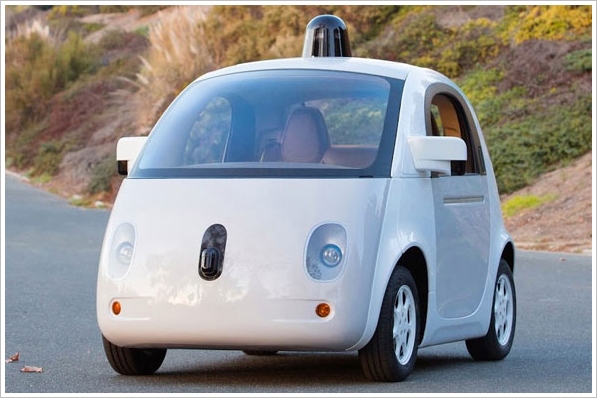
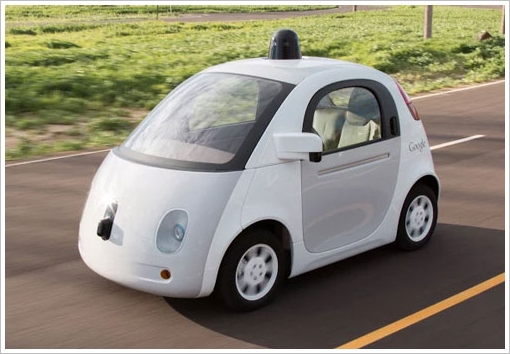
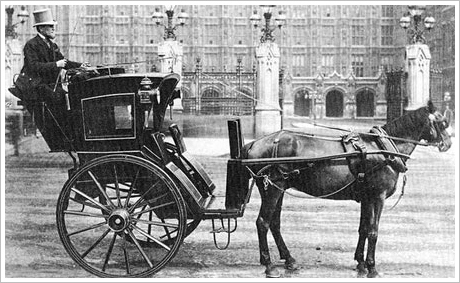

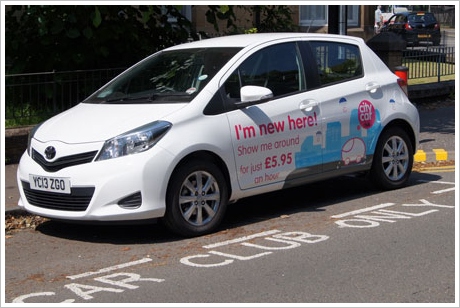
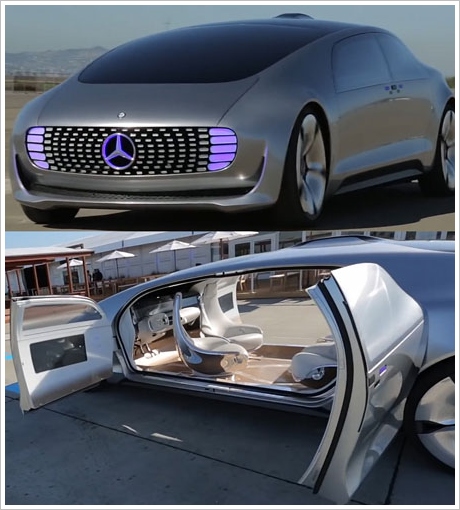



( I think these guys have been watching to much Star Trek. So in the future when everyone is equally poor after the wealth is distributed, I guess this will be the new Volks Wagon
Uber running a fleet of 27,000 autonomous driving electric cars signals a door to door future that is indeed very Star Trek. Goodbye cabs, hello doorstep buses. :)